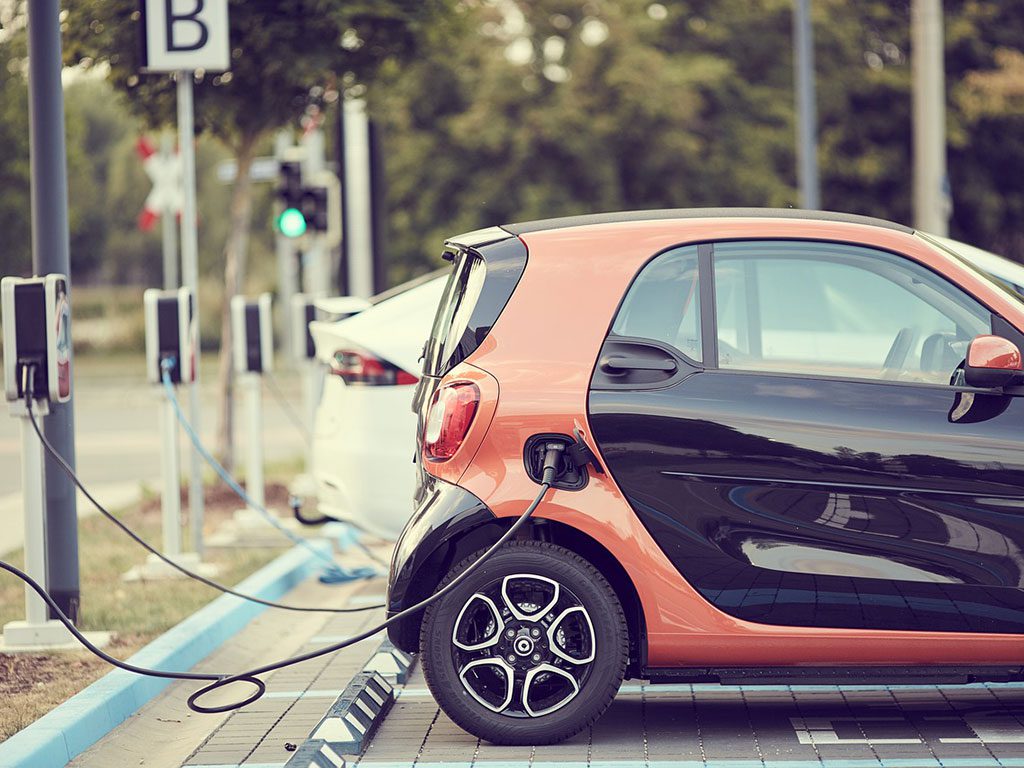
Adoption of electric vehicles expands as EV charging stations are built out.
Automotive supply manufacturers currently employ 92,000 statewide
MADISON, WI. MARCH 30, 2023 – Wisconsin manufacturers have a “tremendous opportunity” to become a critical epicenter of the global supply chain for electric vehicles (EV), but only if bold public/private investments are made over the next few years, according to a report released today by the Wisconsin Economic Development Corporation (WEDC).
“Wisconsin’s automotive manufacturing sector is one of its greatest economic assets,” employing more than 92,000 workers in communities throughout the state, notes the report from SRI International for WEDC.
The report concludes that for Wisconsin to stay competitive as the world transitions from internal combustion engines (ICEs) to electric vehicles and electrically powered technologies, the sector must keep pace and reinvent itself to become part of the growing EV supply chain.
The report makes six major recommendations, which include:
- Enhancing productivity through modernization and upskilling.
- Scaling up the state’s middle-skill worker pipeline by investing in worker training through the Wisconsin technical college system.
- Increasing manufacturers’ access to regional, national, and global EV markets.
- Building connections between Wisconsin innovators and the EV industry.
- Aligning EV policymaking with state economic development interests.
- Preparing for the future of mobility and sustainability.
The report notes that Wisconsin’s automotive suppliers are less vulnerable to the disruption caused by the shift to EVs because they manufacture components for both ICE and EV products. For example, metals fabricators and plastics product manufacturers hold an outsized presence in Wisconsin compared with other states. Many of these suppliers are small- and mid-sized businesses that employ fewer than 50 workers.
The report cautions, however, that the labor-intensive nature of these businesses make them more vulnerable to labor shortages, which may make them less competitive over time. The answer, the report recommends, is to increase productivity through investments in worker retraining and advanced manufacturing technologies – and the payoff will be higher wages for workers and growing demand for their products.
The report notes that Wisconsin’s automotive suppliers are uniquely situated to supply materials and components to emerging EV hubs, such as in neighboring Illinois where automakers Rivian and Stellantis are both opening new production facilities. In interviews with SRI researchers, industry leaders emphasized that Wisconsin’s proximity to key automotive clusters positions the state’s manufacturers to develop long-term relationships with businesses in neighboring states.
The report notes that most of Wisconsin’s larger automotive suppliers are actively adapting to the EV transition. These companies have more resources to undertake strategic planning and capital investments due to their larger size, so it is critical for the state to help smaller suppliers make comparable investments in order to remain competitive.
WEDC Secretary and CEO Missy Hughes said the report “calls for Wisconsin to do what it does best – bring together the longstanding relationships between state government, private businesses, and educational institutions – to assess and meet the demands of this growing market. As our businesses explore these new markets, we need to have the tools to help them invest and mitigate the risk associated with leaping into transitioning markets.”
She added that Wisconsin is already emerging as a leader in the development of battery power and storage systems. She also pointed to investments by WEDC and other stakeholders to increase worker productivity and to prepare workers with the skills needed by the EV industry, including reskilling initiatives through the Workforce Innovation Grants.
The report was funded with a grant from the U.S. Economic Development Administration. The state received $1 million for planning related to the electric vehicle industry, which is being used by WEDC to help Wisconsin businesses adapt to the demands of the EV market and by the Wisconsin Department of Transportation (WisDOT) to plan for EV infrastructure.
The report can be found here.
